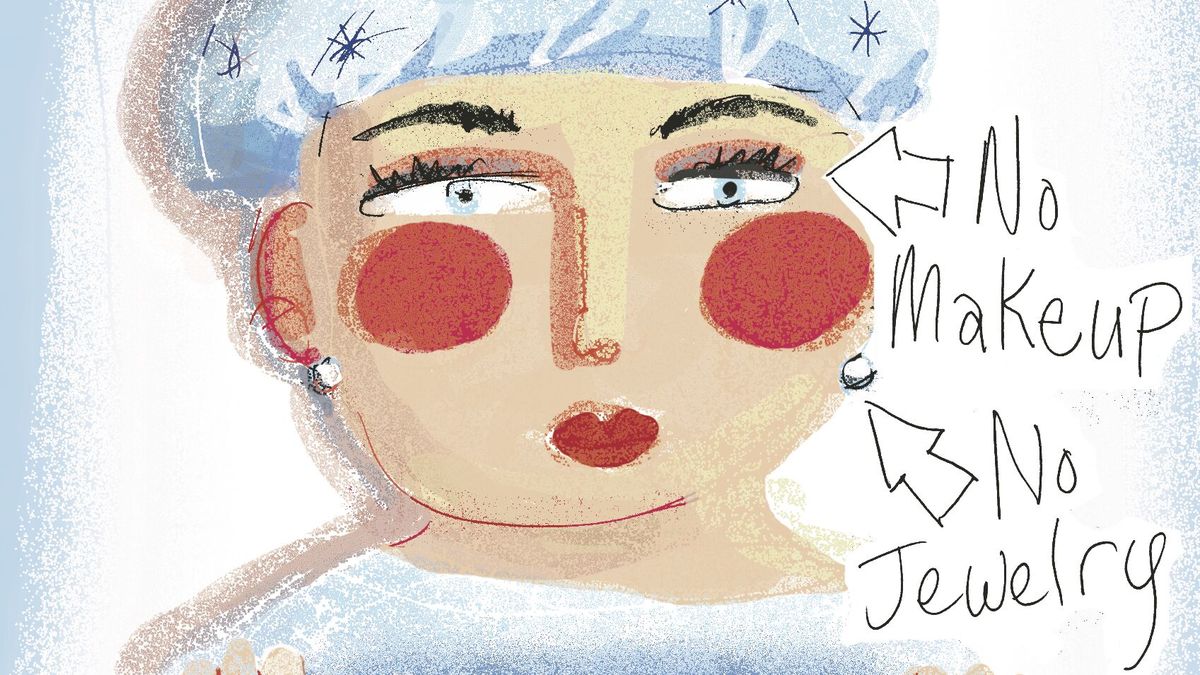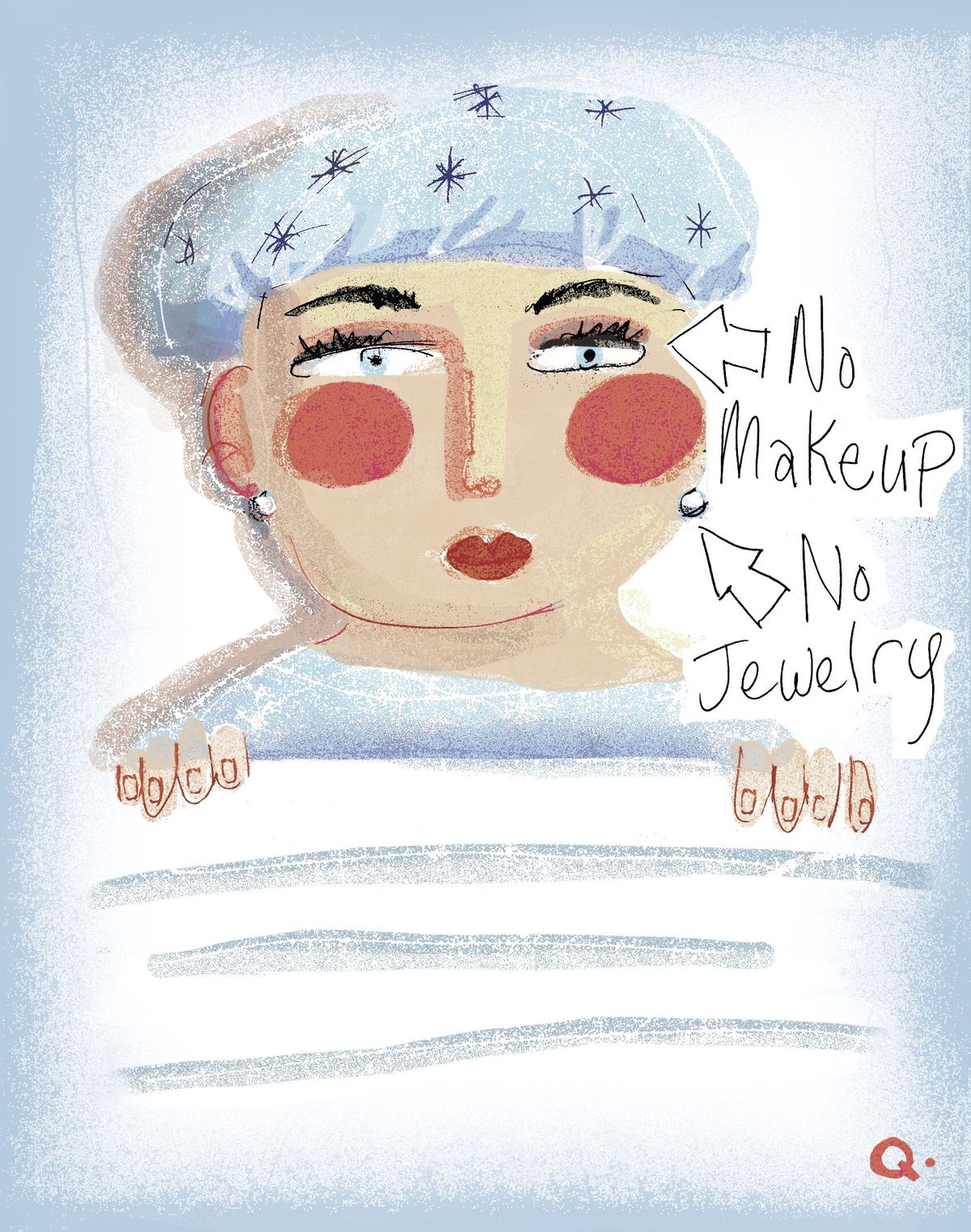Make a list, check it twice: Use a surgery checklist to ease into ‘full bore’ return of hospital procedures
(Molly Quinn/The Spokesman-Review)Buy a print of this photo
Surgeries at Spokane hospitals returned to a rapid pace a month ago following a delay in nonurgent procedures because of COVID-19.
Gov. Jay Inslee dropped an elective surgery postponement Feb. 18. Ron Pullen, MultiCare Valley Hospital director of surgical services, said that the facility’s seven operating rooms are now running full bore, with surgical team members filling extra hours or Saturdays to help surgeons make up for hundreds of backlogged procedures.
“Right now, we’re scheduling clear out into June trying to get to patients who had to have their elective surgeries postponed over the past six months,” he said.
Providence Health Care in Spokane said about 3,000 surgeries or procedures were put on pause from August to January, but both its hospitals have returned to a robust surgery schedule, said spokeswoman Beth Hegde.
There was a February push, coordination and collaboration to provide as many patient surgeries as the hospitals had capacity to handle. “At Holy Family Hospital, they exceeded budgeted volume by 13%,” she said.
Regional hospital leaders offered tips on how upcoming surgery patients can prepare ahead of time.
Michele Peterson, a Sacred Heart Medical Center nurse manager, said people go to a surgeon’s clinic for a bulk of information, but then a hospital nurse calls several days prior to ask questions, such as medications taken, and to cover patient preparation for the hospital.
Surgery patients shouldn’t wear jewelry – even for small piercings – as possible sources of infection. They should avoid makeup, lotions, perfumes and anything on the skin other than what’s instructed for cleansing.
Patients get pre-surgery labs, checking such things as kidney function or high white blood cell count, and typically a baseline EKG.
Lisa Cutter, registered nurse in Valley Hospital’s surgical assessment clinic, echoed that surgery patients receive a gamut of pre-checks.
“It all starts at the surgeon’s office,” Cutter said. “A lot of times, they have them see their primary doctor just to make sure they are in good health and ready to have surgery. They’ll do lab work and EKGs, and then we’ll collect cardiac records, pulmonary records and any outside records if they see any other specialists.”
The anesthesiologist also has a final say if someone needs further labs, she said. That might happen early, depending on the procedure.
“We’re looking for abnormal lab results that they would need further workup for, or they can go see a doctor because maybe they have an undiagnosed condition,” she said. “We go through their complete health history.”
Other questions include allergies, past infections such as MRSA, problems with lungs or circulation, having a pacemaker, mobility issues and any advanced directive document. That might include a living will and durable power-of-attorney for health.
Cutter said people who wish to have an advanced directive on file can bring that to be scanned into medical records. “It’s not required, but it’s encouraged.”
Asking about cold-like symptoms was protocol before the pandemic, and now COVID-19 symptoms are on the list. A COVID-19 test is done within five days before a procedure.
Patients can help streamline pre-surgery calls, Pullen said.
“The phone calls that our surgical assessment clinic nurses make can last anywhere from 15 minutes to 2 hours,” Pullen said. “It just depends on how prepared the patient is and how well they know their health history. It would really cut down the time if they had a list of all their medications and supplements.”
However, doctors’ orders are followed regarding medicine taken near surgery, such as if a blood thinner or baby aspirin is prescribed because of a heart issue, they said.
Other pre-surgery questions might involve preferences, Peterson said. “We talk about the possibility if anyone has an objection to receiving blood or blood products, although we’re not anticipating having to do that.”
Before surgery, patients meet the anesthesiology team for any questions. If someone needs an interpreter or is hearing-impaired, the hospital provides interpretive services, Peterson added.
Providence asks about spiritual needs in pre-admit calls, mentioning it’s a faith-based hospital and asking, ‘Would you like a visit from a chaplain?’ ” Peterson said. If so, a chaplain is on the pre-surgery schedule.
Other tips
“I’d say wear comfortable clothes that are easy to take off and put on, depending on the surgery,” Pullen said. “We’re working somewhere that will be sore or you’ll not be able to move something, so plan your clothing.”
If a patient has a continuous positive airway pressure, or CPAP, machine, they’re often encouraged to bring that if staying overnight in the hospital.
Cleaning before surgery
Many patients are given pre-surgery bath kits or supplies. Avoid alcohol-based cleaners that can cause skin breakdown and impede healing, Peterson said. “They should use the soap we have instructed to apply.”
Valley Hospital handles numerous “total joint” surgeries, and patients take a class at the hospital before surgery and learn about the use of a chlorhexidine wash. Other patients are told to shower at home, but while getting in a hospital gown, they get a chlorhexidine wipe for the surgery area, Pullen said.
Limits on food, drink
“We follow an anesthesia policy for what they can eat or drink and how long prior to when their planned surgery is because we don’t want them to aspirate,” Peterson said. At the hospital, an early admission question is, “When was the last time you had anything to eat or drink?” she said.
If someone admits eating an egg, “Chances are they were told and forget because they were nervous.” Sometimes, that’s a two-hour delay, or it’s a reschedule.
Pullen said it’s a good reminder that nothing passes the lips for eight hours before a surgery.
“What people don’t understand is that means not even throat lozenges. They aren’t supposed to chew gum, Lifesavers, smoke or chew tobacco – anything that causes saliva that goes into the stomach. They need to be as dry as they can be. No coffee.”
Cutter said an exception is, occasionally, people must take medications prior to surgery with a few sips of water under specific instructions.
After surgery
These days, most hospital patients are allowed one support person. Arrange a ride home after surgery recovery, Pullen said. “Once they have a procedure and get any kind of medication, they have to have a ride home, legally.”
Cutter would add to a patient list that they think about home recovery. “We require someone to be with them the first 24 hours after surgery, and longer depending on how they’re recovering and what their home situation is.”
Plan household arrangements. Pullen said people who won’t move well after surgery sometimes forget about preparing a bed on ground level to avoid climbing stairs.

